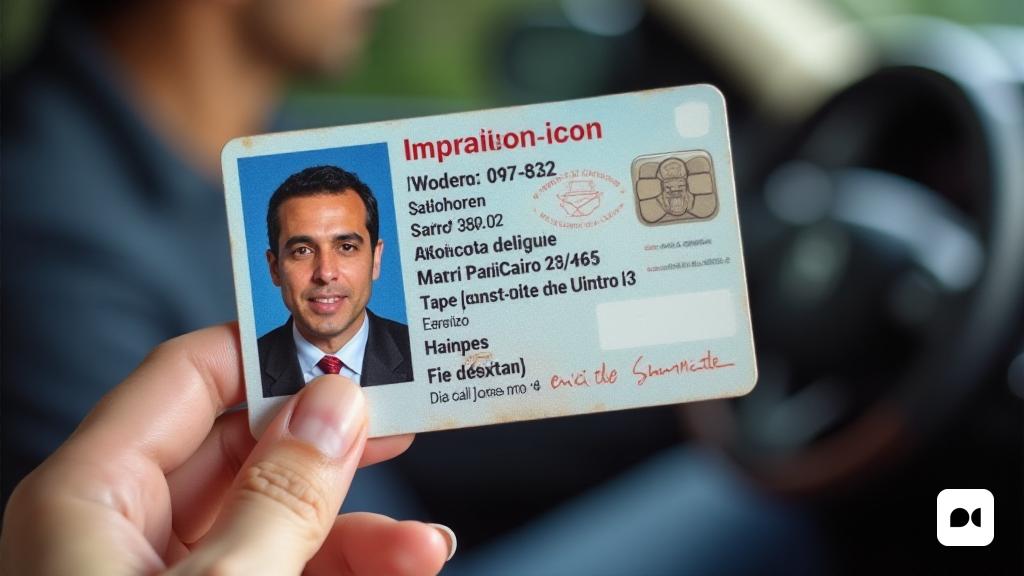New Digital System for Obtaining Permissions
The Spanish government, under the direction of Pedro Sánchez, has introduced an innovative system that simplifies access to the driver’s license for foreigners, with a special approach to Moroccan citizens. This new digital protocol, developed by the Directorate General of Traffic (DGT), allows those who have a valid driving license from a country with a bilateral agreement with Spain to obtain the Spanish card without having to go through practical exams or schedule previous appointments.
Benefits and controversy around the measurement
This initiative seeks to evict the current congestion of face -to -face procedures that has been the rule so far. However, its implementation has led to an intense debate on the possible consequences of facilitating access to the driver’s license. While the proponents of the measure argue that administrative efficiency is being improved, critics express concerns about security and possible relaxation in the necessary controls.
A simplified process
The new digital system replaces a previously complex process that included several bureaucratic stages, such as the need to arrange a previous appointment, the validation of the origin permit and the medical examination. The procedure can now be started online, requiring only one visit to the traffic offices to present the original permit and receive a provisional authorization while the final card is expected.
Morocco: The main beneficiary
Although this measure is not exclusively limited to Morocco, the citizens of this country are the ones who most use the bilateral agreement with Spain. In addition to Morocco, other nations such as Algeria, Brazil, Colombia and New Zealand also benefit, although the ease of access provided by the new system has generated special interest and expectation among the Moroccan population.
Requirements for permission validation
For the citizens of the countries with agreement, the digital validation process requires an electronic verification of the permission by the competent authorities. If the validity of the permit is confirmed, applicants receive an email that allows them to continue with the procedure. Otherwise, the process is annulled.
Critics and concerns
Despite the good intentions of the DGT, the new rule has aroused a number of criticism. Some warn that the ease of access could lead to a decrease in security controls, as well as an increase in fraudulent permits. In addition, there are doubts about the impact that this measure could have on the labor market, especially in sectors such as transport, where competition could be intensified.
Debate about equity
The possibility that thousands of people can obtain the Spanish card without having to pass traditional tests has opened a debate on equity in access to fundamental rights such as driving. Thus, the measure, although it seeks to improve administrative efficiency, has a dilemma that requires careful attention.
Looking to the future
As this new initiative unfolds, it is important for authorities to consider both the benefits and the possible risks involved. Its effect on road safety, economics and social integration will be an aspect to be closely followed, since the implementation of this system can mark a before and after in the way in which traffic is administered and driving permits in Spain.

